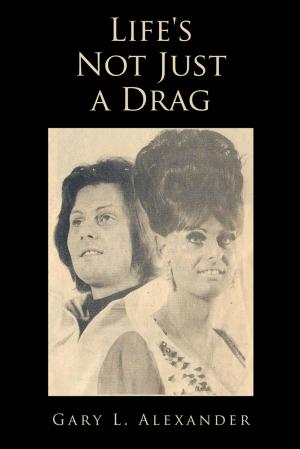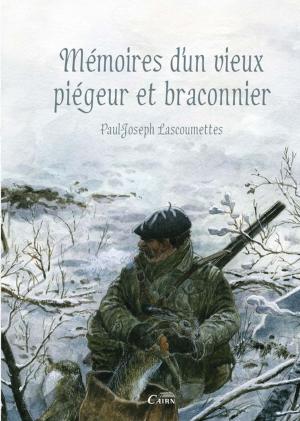Lhamo Bhuti: A Spiritual Journey
Nonfiction, Social & Cultural Studies, Social Science, Gender Studies, Feminism & Feminist Theory, Religion & Spirituality, Eastern Religions, Buddhism, Biography & Memoir| Author: | Sandy Louise Melnyk | ISBN: | 9780994753014 |
| Publisher: | Sandra Louise Melnyk | Publication: | August 26, 2015 |
| Imprint: | Sandra Louise Melnyk | Language: | English |
| Author: | Sandy Louise Melnyk |
| ISBN: | 9780994753014 |
| Publisher: | Sandra Louise Melnyk |
| Publication: | August 26, 2015 |
| Imprint: | Sandra Louise Melnyk |
| Language: | English |
This creative non- fiction is the story of Lhamo Bhuti, a Tibetan woman who was born in 1931, year of the metal sheep year. She was born in the Shab Valley near Shigatse in the Sakya area of Tibet. Lhamo grew up in a large family farm and was educated, cut her hair short and worked for her father in the Tibetan army. This was rare in the early 1950's. Lhamo later married and had a small family and enjoyed a rich cultural heritage and way of life. This way of life came to an abrupt end in the early 1960's as the Chinese invaded her country and during this time period, it coincided with the deaths of both her father and husband. She escaped into India with her small children and a small group of both family and friends. Lhamo faced many hardships along the way only to enter an unfamiliar country, new culture and a language that she did not know. She managed to find work, educate her children, keep their cultural ways and strong Buddhist faith. Through hard work and the kindness of others, Lhamo was able to provide for her family and be a strong figure both at home and in her community.
This rich story was told through an interrupter in a series of interviews over a six year period. The last chapter tells the events preceding and after Lhamo's death, which was in 2014.
The book includes hand drawn images of the family home, photos of Tibet and of Lhamo's family.
This creative non- fiction is the story of Lhamo Bhuti, a Tibetan woman who was born in 1931, year of the metal sheep year. She was born in the Shab Valley near Shigatse in the Sakya area of Tibet. Lhamo grew up in a large family farm and was educated, cut her hair short and worked for her father in the Tibetan army. This was rare in the early 1950's. Lhamo later married and had a small family and enjoyed a rich cultural heritage and way of life. This way of life came to an abrupt end in the early 1960's as the Chinese invaded her country and during this time period, it coincided with the deaths of both her father and husband. She escaped into India with her small children and a small group of both family and friends. Lhamo faced many hardships along the way only to enter an unfamiliar country, new culture and a language that she did not know. She managed to find work, educate her children, keep their cultural ways and strong Buddhist faith. Through hard work and the kindness of others, Lhamo was able to provide for her family and be a strong figure both at home and in her community.
This rich story was told through an interrupter in a series of interviews over a six year period. The last chapter tells the events preceding and after Lhamo's death, which was in 2014.
The book includes hand drawn images of the family home, photos of Tibet and of Lhamo's family.















